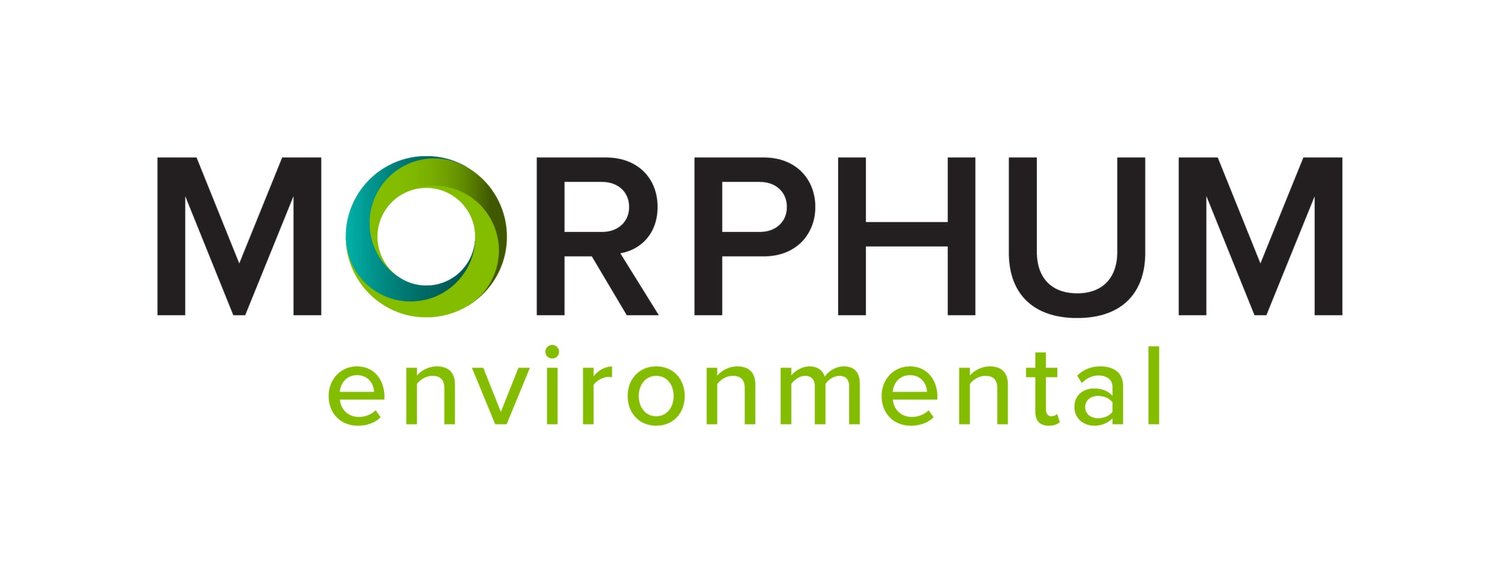Client: Ministry of Education
Storytelling is the foundation of communication, even when trying to communicate a plan.
Aotearoa’s first Emissions Reduction Plan (2022-25[1]) outlines a clear pathway to a low-emissions, climate-resilient future and the actions Aotearoa needs to take to achieve it. The Carbon Neutral Government Programme (CNGP) aims to accelerate emissions reduction in the public sector. It requires public sector organisations, including state schools and kura, to: measure and report their emissions annually; set emissions reduction targets; introduce emissions reduction plans; and offset any remaining Greenhouse Gas (GHG) emissions from 2025. The Ministry of Education has produced its first emissions report in 2023.
Beyond reporting, the Ministry is committed to exploring ways to deliver equitable and excellent outcomes for ākonga in a less carbon intensive way, and what can be done to support schools and kura to do the same. While they might not always be obvious, emission reductions are happening in schools across the motu everyday - from reducing waste, transitioning to cleaner energy solutions, rethinking what is purchased, selecting low emission materials in what we build, and self-supplying things like water and electricity.
The Ministry contracted Morphum to support them in telling the story of these positive efforts that are contributing to more sustainable and healthy learning environments. Four of the more than 20 national projects were selected to demonstrate positive efforts towards emissions reduction and broader sustainability outcomes, these being:
Boiler decarbonisation Programme - replacing coal boilers with cleaner, more energy efficient solutions that also improve air quality and remove the need to dispose of toxic coal ash.
Ngā Iti Kahurangi – property improvements including LED lighting installation, insulation, upgrading RCDs, acoustic panelling, and carpet replacement.
School property design – implementing a series of changes to design requirements and guidelines for new school builds to support emission reduction efforts.
Ka Ora, Ka Ako (Healthy School Lunches) programme: working with suppliers to reduce transport emissions through more efficient route planning, composting food waste and compostable packaging, and diverting meals from disposal through donation schemes.
In addition, to the above programmes, the report also analysed current performance across the Ministry in terms of Waste, Electricity, Transport and Water. For each of the programmes and activities, Morphum worked intensively alongside the MoE CNGP team, various Ministry units and suppliers in documenting savings from efforts to date and documenting additional savings from expanded roll out of these programmes which will support the Ministry in target setting. The team also identified opportunities for optimizing savings through changes to these programmes, and or ways in which they are reported. The Morphum team also interacted closely with the team responsible for the overall Ministry Carbon emissions report to ensure consistency in the criteria and metrics for reporting emissions.
The Ministry is early in its journey towards reducing its footprint. The report provided an important tool for demonstrating what has already been achieved and catalysing further understanding and collective action across the ministry.
Telling the story of work that we’ve done helps people not only understand the path forward, but start walking with us.
You can read more on the Ministry of Education’s website.

